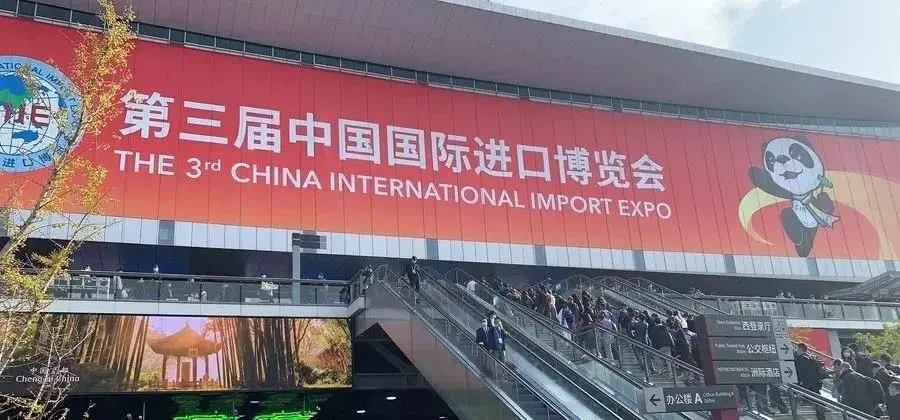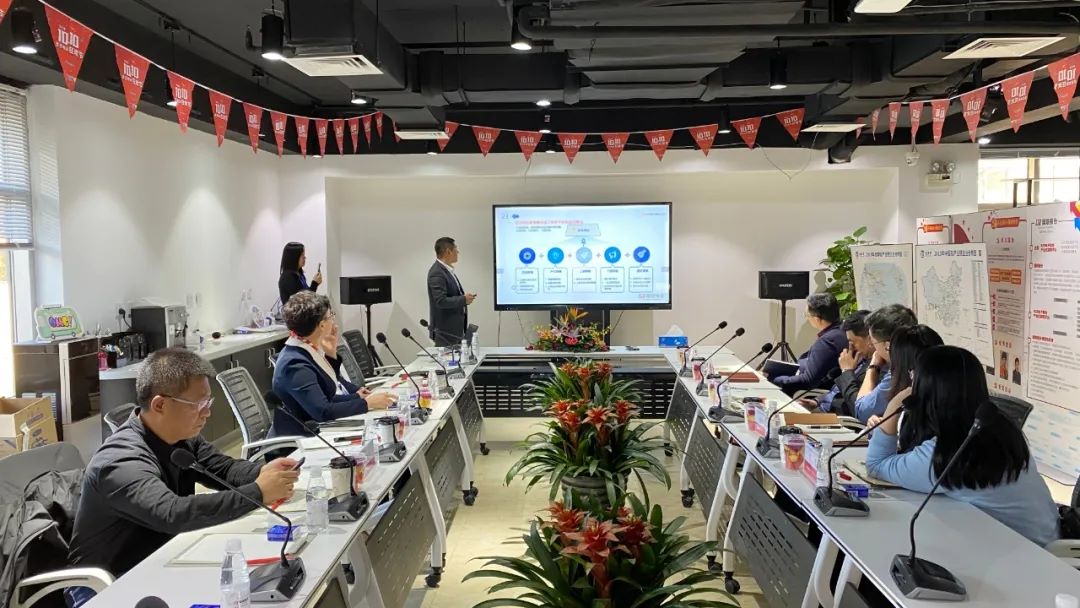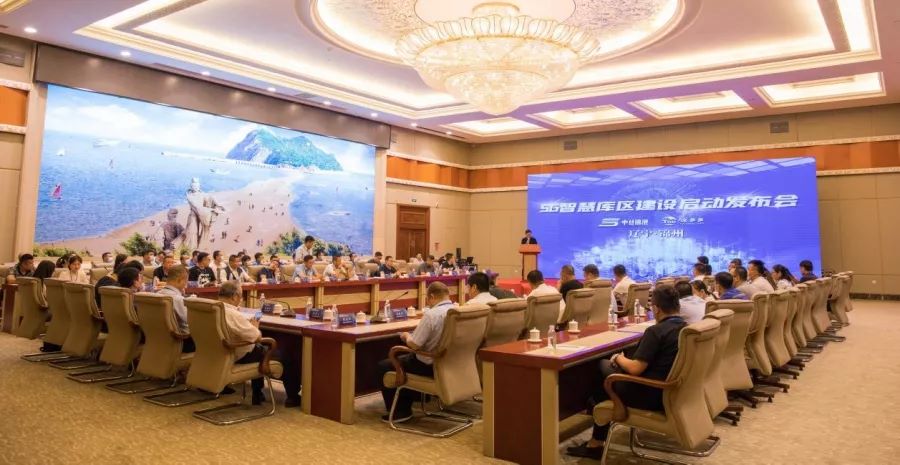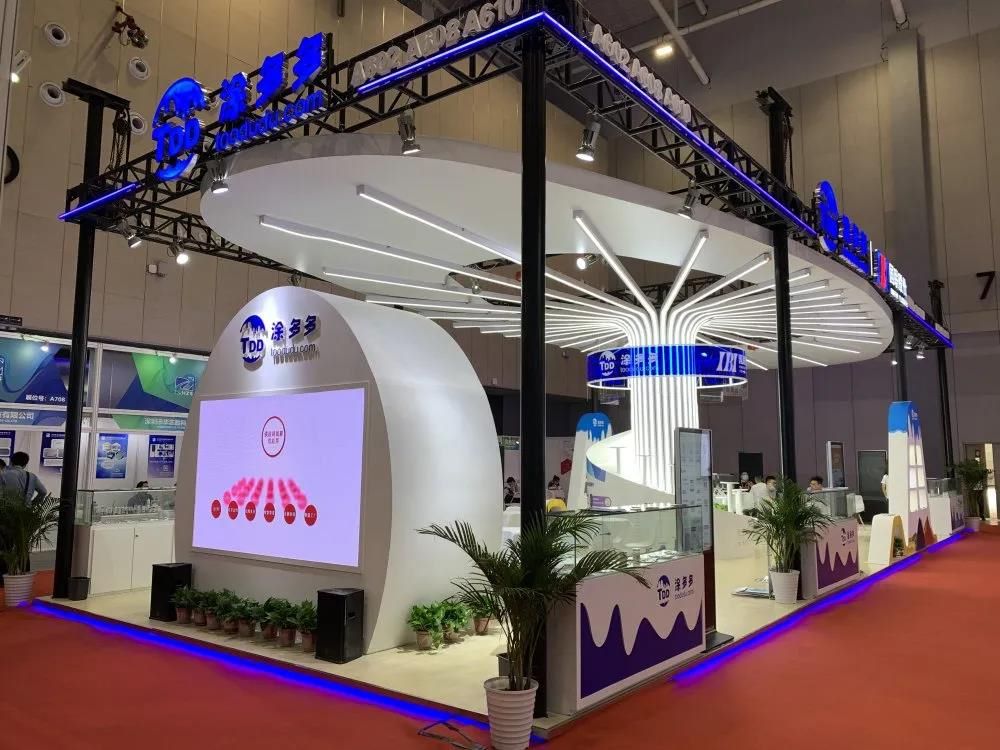Q1 2025: China Powers Bekaert amid
Recently, Bekaert, a global leader in rubber reinforcement solutions and a steel cord giant, released its first quarter financial report for 2025. Data shows that the strong demand of China's tire industry has become a key driver of its performance growth, but overall, the global tire industry still faces severe challenges in the first quarter of 2025.
Bekaert's rubber reinforcement business segment had consolidated sales of 429 million euros (about 3.543 billion yuan) in the first quarter of 2025, a year-on-year decrease of 4%. The main reason for the decline was 23 million euros (about 190 million yuan) in raw materials and price fluctuations.
Although sales and foreign exchange contributed 1 million euros (about 8.2578 million yuan) and 5 million euros (about 41.289 million yuan) in revenue respectively, it was still not enough to offset the decline.
It is worth noting that the sales volume of this business segment in various regions is uneven, and the increase in the sales share of the Chinese market has lowered the average selling price. At the same time, Bekaert said that the high operating rate of Chinese factories supported profitability, but did not give specific data.
This shows that although the performance of the Chinese market in terms of price has a certain impact on the overall average selling price, the strong demand of China's tire industry has enabled Bekaert's factories in China to maintain a high operating rate, which in turn provides key support for its profitability.
Bekaert and China's tire industry: deep integration and coordinated development
As the world's leading manufacturer of tire skeleton materials, Bekaert's steel cord reinforcement technology is used in about 25% of the world's tires.
In China, Bekaert has been deeply integrated into the supply chain of China's tire industry since it invested in its first enterprise, China Bekaert Steel Cord Co., Ltd., in Jiangyin, Jiangsu in 1992. Today, its production capacity in China has reached more than 500,000 tons, with 6 steel cord factories distributed in 5 cities.
Over the years, Bekaert has established close cooperative relations with many Chinese tire companies, continuously developing new products and new technologies for the Chinese tire market, and helping Chinese tire products to enhance their competitiveness in the global market.
The rise of China's tire industry: brilliant performance in the global market
In recent years, China's tire industry has developed rapidly, and its share in the global market has continued to expand.
By continuously improving product quality, increasing R&D investment, optimizing production processes and other measures, Chinese tire companies have gradually aligned their products with internationally renowned brands in terms of performance and quality, and have gained wide recognition in the global market with their high cost-effectiveness.
Whether in the replacement tire market or the original equipment tire market, Chinese tire products have shown strong export growth momentum. In many overseas countries and regions, the market share of Chinese brand tires has steadily increased, and the sales network has continued to expand.
Global tire industry dilemma: severe situation in the first quarter of 2025
However, judging from Bekaert's overall performance and industry-related data, the development of the global tire industry in the first quarter of 2025 is not optimistic. Factors such as global economic uncertainty, fluctuations in raw material prices, and trade frictions have brought huge challenges to the tire industry.
From the market demand side, the slowdown in economic growth in some regions has led to a sluggish automobile consumer market, which in turn affected the supporting market and replacement market demand for tires. From the cost side, the fluctuations in the prices of raw materials such as natural rubber in the first quarter increased the production costs of tire companies and compressed profit margins.
Among the 17 major tire companies in the world, most companies showed a slight increase in revenue but a sharp drop in profits in the first quarter.
Affected by multiple factors such as sluggish automobile sales, high costs and the US "double anti-dumping" tariffs, Asian tire companies generally increased revenue but not profits, and the sales of European and American companies continued to be impacted.
The total revenue of the 17 tire companies in the world in the first quarter was about 212.1 billion yuan, a slight increase of 2% year-on-year, but the profits of 15 tire companies that disclosed profits plummeted by 2.1 billion year-on-year.
The total net profit of listed tire companies in China was only 2 billion, a decrease of nearly 700 million year-on-year. Except for Sailun, the profits of almost all tire companies declined, and the profits of some companies decreased by nearly 70% year-on-year.
The operating profits of Korean and Japanese tire companies also fell by more than 10%. Although Pirelli and Dema rose against the trend driven by some factors, the overall profit situation of the industry is still not optimistic.
Future Outlook: Responding to Challenges and Seeking Sustainable Industrial Development
The global hot sales of Chinese tires support the market segments of companies such as Bekaert, but the global tire industry is still facing difficulties in the first quarter of 2025.
In the future, we need to pay attention to economic, raw material, policy and other factors, and respond to challenges with innovation, optimize supply chain, improve efficiency and other measures to achieve sustainable development.











